Scuba Diving in Maldives
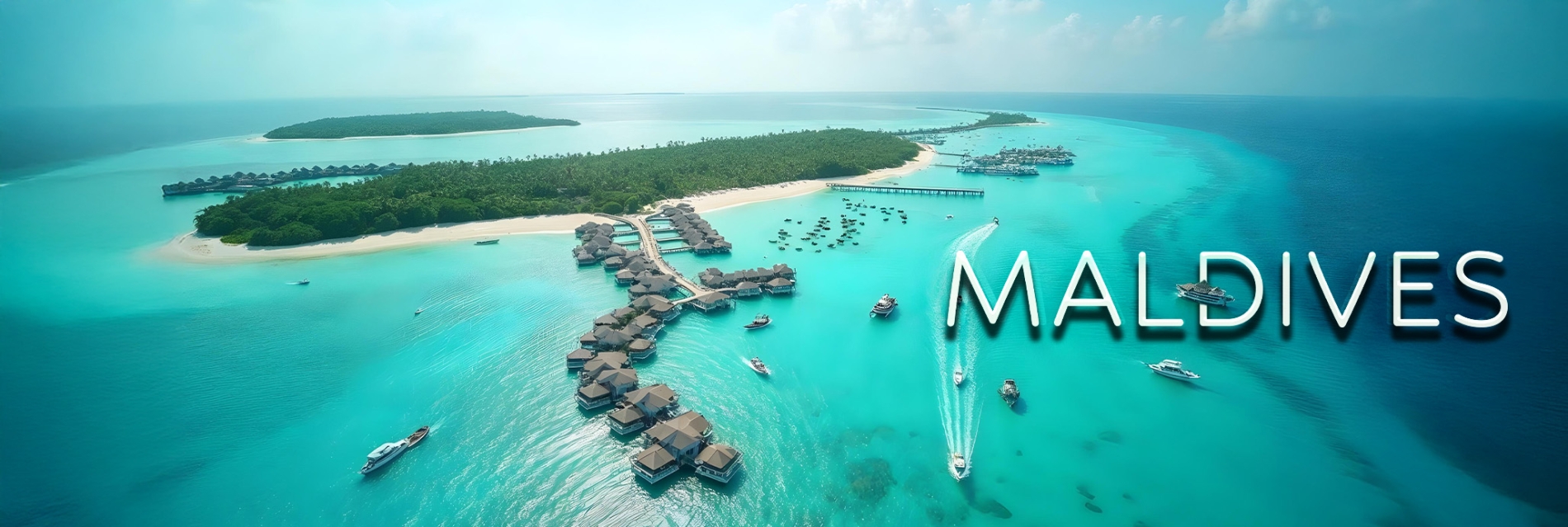
Best Hotels in Maldives
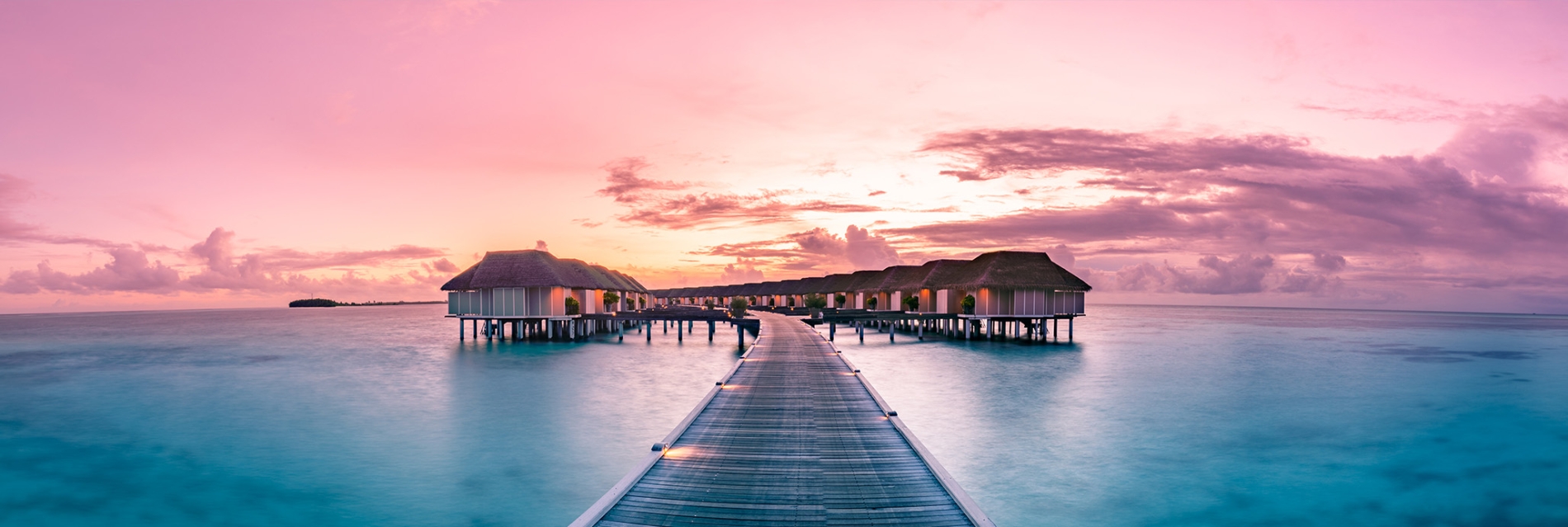
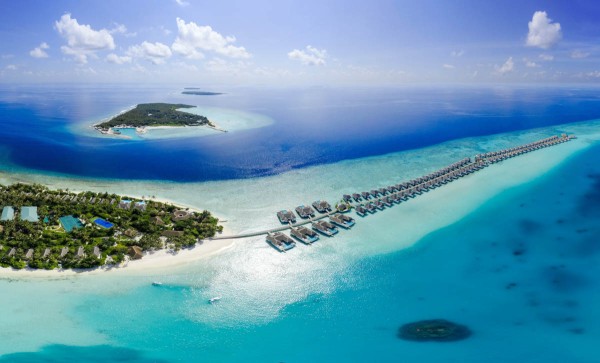
Greetings, travel enthusiasts The Maldives, with its shimmering turquoise waters, powdery white sands, and abundant marine life, has a reputation for being a high-priced paradise. But guess what? You don't need to be a millionaire to enjoy this tropical haven. You can experience the Maldives without emptying your bank account. Buckle up and let's navigate the serene atolls of the Maldives on a shoestring budget.
Timing is the first and arguably most crucial element when planning a budget trip to the Maldives. The islands experience two distinct seasons - the dry season and the wet season. The dry season from December to March is the peak tourist season. During this time, the islands bask in the sunshine, and the weather is ideal for sunbathing and water activities. However, this perfection comes with a hefty price tag due to increased demand, making it a less-than-ideal time for budget travellers.
The wet season, extending from April to November, presents a unique opportunity for cost-conscious adventurers. Although termed the 'wet' season, rain showers in the Maldives are usually brief, followed by clear skies. The seas remain warm, and marine life is abundant, making it an excellent time for divers and snorkelers. What's more, the landscape is lush, and the islands are less crowded, allowing you to experience the Maldives in its serene, untouched glory.
Hotels, resorts, and travel agents eager to attract guests during this lean period, offer significant discounts on accommodation, with prices often halved compared to the peak season rates.
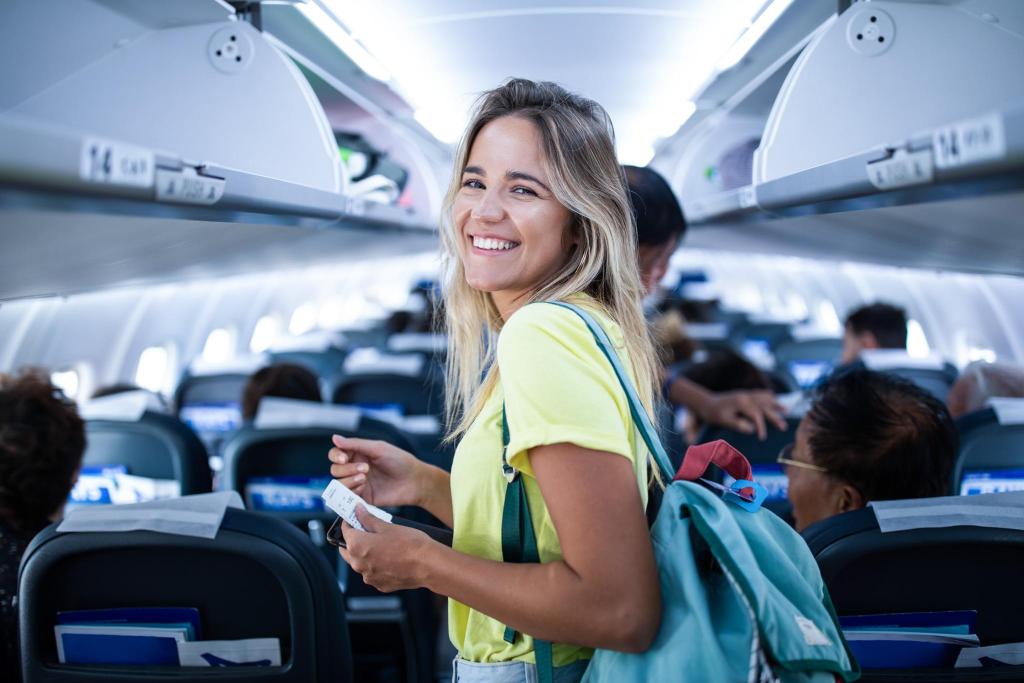
A considerable part of your budget for the Maldives is likely to be the cost of flights, especially when travelling from India. However, with a bit of planning and flexibility, you can save significantly on airfare.
Book in Advance: One tried and tested rule of budget travel is to book your flights well in advance. Generally, airlines release their flight tickets about a year before departure. You can often find the best deals about six to seven months prior to your intended travel date. This window allows you to have the first pick on the most affordable seats.
Stay Flexible: Being flexible with your travel dates can also result in substantial savings. Prices can fluctuate significantly depending on the day of the week, time of the day, and season of the year.
Use Flight Comparison Websites: Leverage technology to find the best deals. Flight comparison websites like Skyscanner and Momondo compare prices across numerous airlines and booking sites, providing you with the cheapest options.
Off-Peak Season Travel: As with most tourist destinations, flight prices to the Maldives increase during the peak season (December to March) and drop during the off-peak season (April to November). By travelling during the off-peak season, you could save considerably on airfare.
During off-peak seasons, it's possible to find return tickets to Male for between ?20,000 and ?30,000, almost half the price compared to the peak season.
The Maldives, with its luxurious over-water villas and high-end resorts, may seem like a destination exclusively for the wealthy. However, there are plenty of affordable accommodations available for budget-conscious travellers, especially on the local islands.
Local Island Guesthouses: Staying on local islands can significantly bring down your accommodation costs. These guesthouses may not offer the extravagant amenities of a private resort, but they provide a comfortable stay with basic facilities like air conditioning, free Wi-Fi, and often, complimentary breakfast. Room rates can be as low as Rs 1,500 per night. Islands such as Maafushi, Fulidhoo, Guraidhoo, and Thulusdhoo are known for their budget-friendly guesthouses. They also offer a unique opportunity to experience the local culture, lifestyle, and cuisine, providing a more immersive travel experience.
Budget Hotels and B&Bs: The rise in tourism has led to the development of budget hotels and bed & breakfast establishments in the Maldives, especially in Male, the capital city, and on local islands. These accommodations often provide clean, comfortable rooms with private bathrooms and essential amenities. Some even offer rooms starting at around ?2,000 per night.
Affordable Resorts: If you're keen on experiencing a resort-style stay, there are a few affordable resorts in the Maldives. These resorts may not have the lavishness of luxury resorts, but they offer beautiful rooms, swimming pools, on-site restaurants, and even spa facilities at a fraction of the price. During non-touristy periods, some resorts may even offer rooms starting at around ?8000 per night.
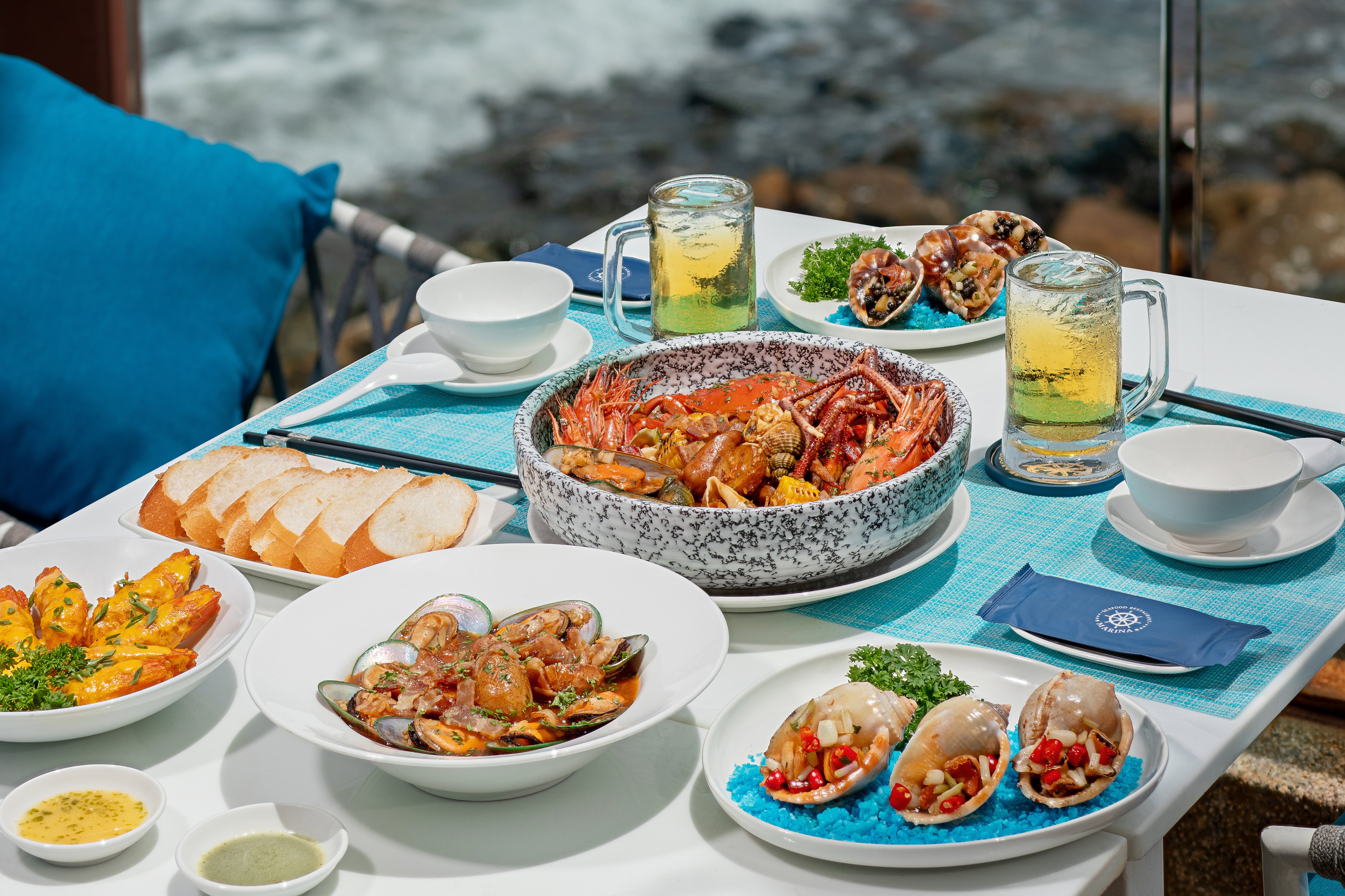
Food can be another significant expense when travelling, especially in a destination known for its luxury resorts like the Maldives. But with a little planning and some local knowledge, you can enjoy delicious meals without burning a hole in your pocket. Eating in luxury resorts can seriously deplete your funds. Opt instead for local eateries or cafes on the local islands. Here, you can savour traditional Maldivian dishes for around Rs200-Rs500 per meal. The Maldives has a rich and diverse culinary tradition that is worth exploring. By choosing local eateries and cafeterias over resort dining or fancy restaurants, you can enjoy mouth-watering Maldivian dishes at a fraction of the cost.
Local islands like Maafushi, Hulhumale, and Male have a good selection of local eateries that offer great food at economical prices.
Street food is another affordable and tasty option. In the evening, you'll often find street vendors selling snacks like Bajiya and Gulha. Not only are these snacks pocket-friendly, but they also offer a glimpse into the everyday culinary life of the Maldivian people
Navigating between the atolls can be costly if you opt for speed boats or seaplanes. However, public ferries are a cost-effective alternative.
Public Ferries: Public ferries are the most economical means of transport in the Maldives. They connect Male to most inhabited islands and resorts. The cost of ferry rides varies from ?100 to ?200, depending on the distance. While ferries are incredibly budget-friendly, they are slower and operate on specific schedules, which might require some planning on your end.
Speedboats: Speedboats are faster than ferries but are more expensive. Many resorts, hotels, and guesthouses offer speedboat transfers, which can range from ?1,500 to ?5,000. For closer islands, such as Maafushi or Thulusdhoo, shared speedboat services are available from Male, costing around ?1,000 to ?2,000 per person.
Local Transportation: Once on an island, getting around is generally easy and cheap as most local islands are small enough to explore on foot. Some islands offer bicycle rentals for about ?300 to ?500 per day, a cost-effective and eco-friendly way to get around.
The Maldives is a paradise for water sports and beach activities, but these can quickly add up and strain your budget. Thankfully, there are plenty of affordable and even free activities for budget travellers to enjoy.
Snorkelling: The Maldives is famous for its abundant marine life. Luckily, you don't need to invest in an expensive diving trip to experience it. Snorkelling can be just as rewarding, and it's cheaper and easier for beginners with the cost being INR 5000-7000 per trip.
Explore Local Islands: Take a walking tour of the local islands to appreciate their unique culture and lifestyle. Visiting local markets, trying out traditional Maldivian crafts, and interacting with locals don’t cost anything but provide a rich travel experience.
Beach Days: Never underestimate the joy of a day at the beach. The Maldives boasts some of the world's most beautiful beaches, and enjoying them is absolutely free. Swim, sunbathe, read a book, or play beach games. Islands like Hulhumale, Maafushi, and Rasdhoo have excellent public beaches.
Fishing Trips: Fishing is an integral part of Maldivian culture, and joining a local fishing trip can be a memorable and affordable experience. Guesthouses often organise these trips for around ?1,000-?2,000. Plus, you might get to barbecue and enjoy your catch!
Sightseeing in Male: Visit Male, the capital city of the Maldives. Explore the 17th-century Hukuru Miskiy mosque, Sultan Park, and the Maldives National Museum. Walking around the city is free, but there may be small entrance fees for certain attractions.
Sunset and Dolphin Watching: Look out for tour operators offering combined trips for sunset viewing and dolphin watching. These are relatively inexpensive (around ?2,000-?3,000) and offer a magical experience of seeing dolphins in their natural habitat against the backdrop of a Maldivian sunset.
A well-planned daily budget can be your financial lifesaver. Allocate a daily budget for food, activities, and other expenses. It requires careful planning and smart choices. Here's a practical guide on how to go about it:
Set a Daily Budget: Start by setting a daily budget based on your total trip budget. This will give you a clear idea of how much you can spend each day without depleting your funds prematurely. Try to stick to your budget as much as possible.
Track Your Expenditure: Keep track of your daily spending. This includes everything from accommodation and meals to transportation and activities. There are plenty of budgeting apps available that can help you keep an eye on your expenditure and ensure you're staying within your budget.
Shopping: Souvenirs can quickly eat into your budget. Local markets offer a wide range of souvenirs and local snacks like dried fish chips and bondi (Maldivian sweets). Set a shopping budget and stick to it.